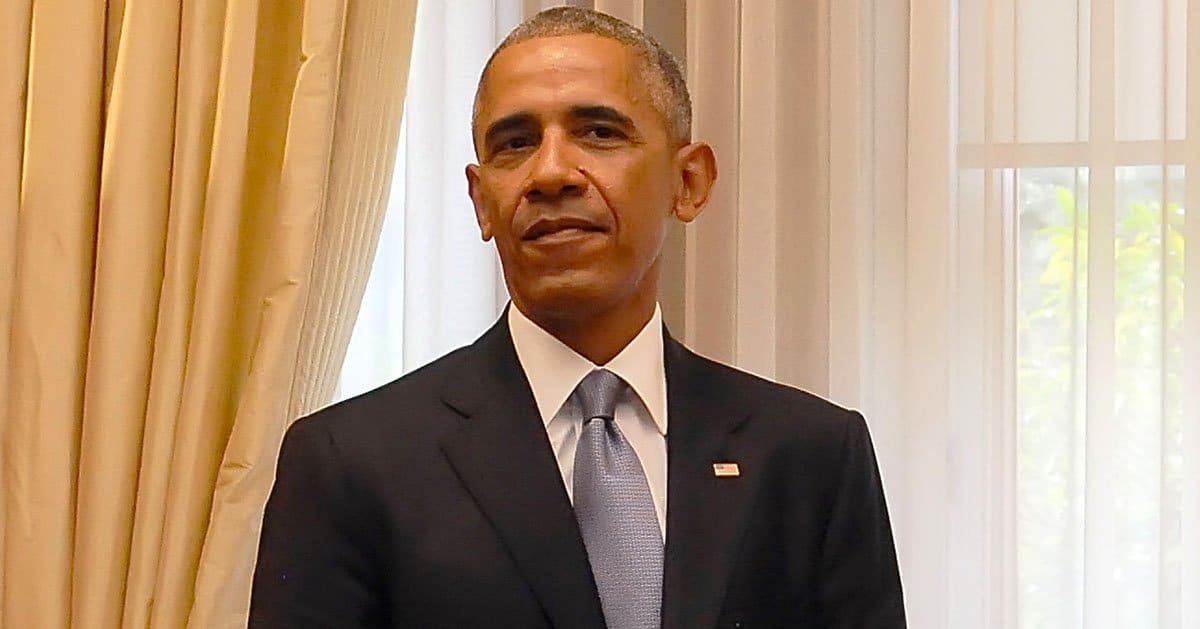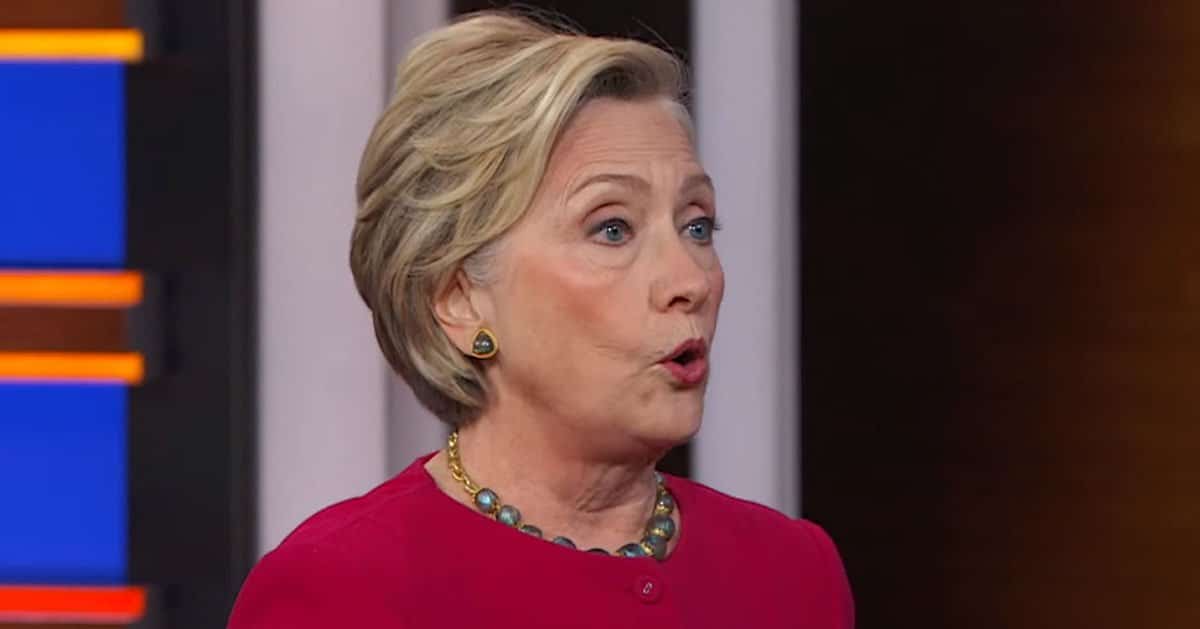







President Joe Biden recently found himself at the center of a contentious public debate following a special counsel's report. This report criticized the president's memory while absolving him of criminal wrongdoing in his handling of classified documents, sparking an emotional response due to the mention of his late son.
In an incident that has caught the attention of both the media and the public, President Biden lashed out at Special Counsel Robert Hur for referencing his son Beau Biden's death in a report. The report was centered around an investigation into Biden's handling of classified documents. Fox News reported that Biden's angry response came despite the fact that it was he who first introduced the topic of his son's passing in an interview.
NBC News, citing multiple sources, highlighted that during interviews conducted last October, Hur and his team did not bring up the death of Beau Biden, who succumbed to brain cancer in 2015. Instead, it was President Biden who mentioned his son's death, an action that later became a focal point of criticism in Hur's report.
The context in which Biden mentioned his son's death was during a discussion about his workflow and the process of collaborating with a ghostwriter on his memoir. This work was undertaken at a rental home in Virginia between 2016 and 2018. During this conversation, Biden aimed to recall various events in his life but appeared to struggle, particularly with the date of his son's death. Although he accurately recalled the day as May 30, he could not remember the year.
This aspect of Biden's interview was seized upon in the special counsel's final report. At the age of 81, Biden publicly criticized Hur after the report mentioned his difficulties in recalling specific details, including the death of his son. In a press conference, Biden expressed his outrage, questioning Hur's right to mention his son's death and stating it was irrelevant to the investigation.
"How in the h--- dare he raise that," Biden expressed in a press conference. "Frankly, when I was asked the question I thought to myself it wasn’t any of their d--- business."
The special counsel's report, while clearing President Biden of criminal wrongdoing in relation to his handling of classified documents, did not shy away from describing the president's memory in unflattering terms. The report used descriptors such as "hazy," "fuzzy," "faulty," and "poor" to characterize Biden's recall abilities.
Released last Thursday, the report concluded that no criminal charges were warranted against Biden. It noted, "We conclude that no criminal charges are warranted in this matter," further stating that the same conclusion would have been reached even if Department of Justice policy did not prevent criminal charges against a sitting president.
The White House has remained silent, not immediately responding to requests for comment from Fox News Digital. This silence has only added to the speculation and conversation surrounding the report's release and its implications for President Biden.
The mention of Beau Biden's death in the context of a federal investigation underscores the complex interplay between personal grief and public service. President Biden's reaction to the special counsel's report illuminates the deeply personal nature of his service and the memories of his late son that continue to influence him.
This incident reveals the emotional toll that public figures often bear, a toll that is sometimes exacerbated by the demands and scrutiny of their positions. Biden's outburst at the press conference highlights the sensitivity of personal loss, particularly when it is brought into the public eye in such a contentious manner.
The special counsel's report, despite its critical assessment of Biden's memory, ultimately absolved the president of criminal wrongdoing. This outcome, while legally significant, has also opened up a broader conversation about the challenges of aging, memory, and the intertwining of personal and public life.
In conclusion, the story of President Biden's emotional response to the special counsel's report is a complex one, touching on issues of grief, memory, and the scrutiny faced by public figures. It raises questions about the boundaries between personal experiences and public duties, and how those in the highest offices navigate the challenges that come with both.



